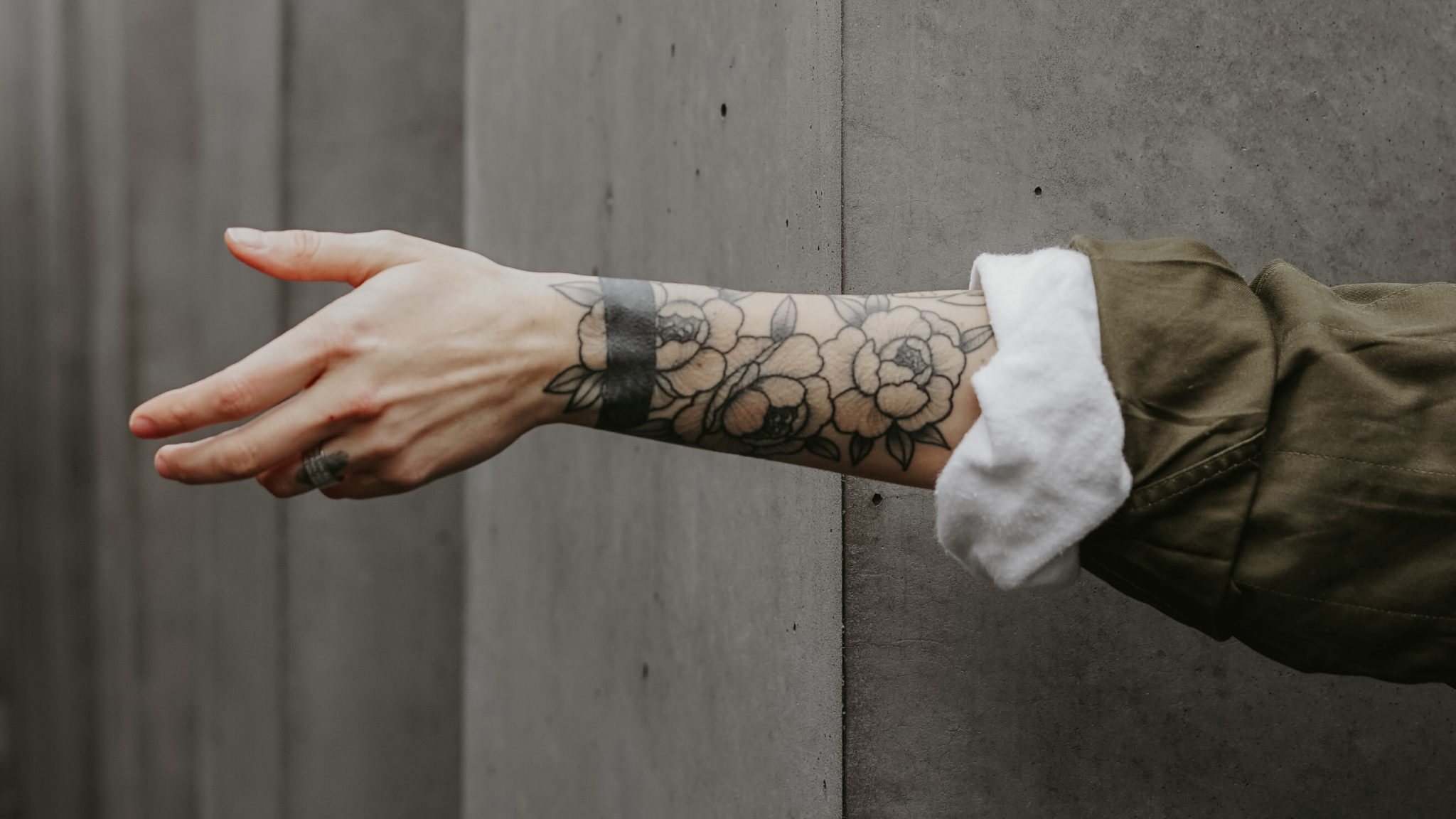Introduction
Getting a tattoo is a significant decision and a popular way for individuals to express their identity, commemorate important events, or showcase art. However, deciding to get inked at 18 might not be the best choice for everyone. While the legal age for getting a tattoo in many places, including Australia, is 18, there are compelling reasons to consider waiting before making this lifelong commitment. Here, we delve into five reasons why delaying your decision could be beneficial.
1. Evolving Personal Identity
At 18, many individuals are on the cusp of adulthood, often still discovering who they are and what they stand for. What seems meaningful or aesthetically pleasing at this age might not reflect one’s preferences or values in the years to come. Personal tastes evolve over time, and a tattoo that seems perfect today might not resonate with your future self.
For example, many young adults may choose tattoos based on current trends, popular culture references, or peer influence. These can quickly become outdated or irrelevant as personal and cultural landscapes shift. Waiting a few years provides time to develop a clearer sense of self, ensuring that any tattoos chosen are truly reflective of one’s enduring identity.
2. Professional and Social Considerations
While societal acceptance of tattoos has increased over the years, some professional environments and social circles still hold reservations about visible body art. At 18, many individuals are just beginning to explore career paths and may not fully understand the implications a tattoo could have on their professional image.
Certain industries, such as corporate law, finance, or more traditional fields, may still have conservative dress codes or unwritten rules regarding visible tattoos. Waiting until one has a better understanding of their career trajectory can prevent potential conflicts between personal expression and professional expectations.
Furthermore, social perceptions can vary widely depending on cultural and geographical contexts. Ensuring that a tattoo aligns with one’s long-term personal and social goals can prevent future regret or the need for costly modifications.
3. Financial Implications
The cost of getting a tattoo is not insignificant, and an 18-year-old might not fully appreciate the long-term financial implications. High-quality tattoos can be expensive, and opting for a cheaper, less experienced artist could result in a less satisfactory outcome. Additionally, as tastes and circumstances change, some may choose to modify or remove their tattoos later in life.
Laser tattoo removal is a common solution for those who regret their tattoos, but the process can be costly and time-consuming. It often requires multiple sessions and can be uncomfortable. For those in Melbourne, VIC, looking for such services, options like the best Melbourne VIC laser tattoo removal provide effective solutions . Considering these potential future costs is an important factor when contemplating a tattoo at a young age.
4. Emotional and Physical Readiness
Getting a tattoo is not just a physical commitment but an emotional one as well. At 18, individuals might not be fully prepared for the permanence and significance of this decision. Tattoos are a form of body modification that come with a level of responsibility and care. Understanding the implications and being ready to accept the tattoo as a lifelong part of one’s body requires maturity and forethought.
Additionally, the process of getting a tattoo involves physical discomfort. Some people handle pain better than others, and an individual’s pain tolerance may increase with age. Being emotionally and physically ready to undergo the process can make the experience more positive and reduce the likelihood of post-tattoo regret.
5. Opportunity to Explore Alternatives
Waiting before getting a tattoo allows time to explore alternative forms of self-expression. Temporary tattoos, body paint, or henna can provide a non-permanent way to experiment with designs, placements, and styles. These options offer the freedom to change and adapt as preferences evolve without the commitment of a permanent tattoo.
Exploring these alternatives can also help individuals refine their ideas and ensure that, when they do decide to get a tattoo, it is exactly what they want. Taking time to research and develop a design that holds deep personal significance can add to the sentimentality and satisfaction of the final result.
Conclusion
While the excitement of getting a tattoo at 18 can be tempting, there are significant advantages to waiting. Allowing time for personal growth, understanding professional implications, considering financial costs, ensuring emotional and physical readiness, and exploring alternatives can lead to a more thoughtful and fulfilling tattoo experience. By approaching this decision with patience and careful consideration, individuals can ensure their tattoos are meaningful and cherished for years to come.
Stay in the know with the latest news and updates on LET MAGAZINE Best Regards!



